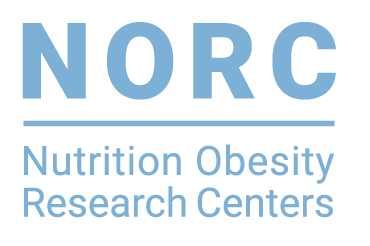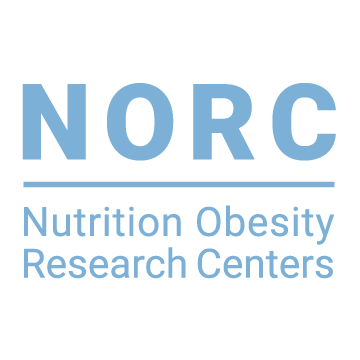
Nutritional deficiencies during pregnancy can have lasting effects across generations that impact development not only of children, but also of grandchildren. These heritable effects are linked to epigenetic changes that influence gene expression but not DNA sequence. At the NRI, we seek to understand how nutrition affects health and why different people respond differently to the same nutrients. The Ideraabdullah laboratory is particularly interested in identifying epigenetic changes that are caused by nutrient deficiencies and understanding how an individual’s genetic makeup influences those particular epigenetic modifications.
What they did:
While maternal vitamin D deficiency is linked to negative health outcomes in children, it has not previously been shown to exert multigenerational effects. In a recent publication in Clinical Epigenetics, Dr. Folami Ideraabdullah looked at the effects of maternal vitamin D deficiency over two generations of offspring. Mouse moms fed either a sufficient amount of vitamin D or a diet lacking vitamin D (LVD) during pregnancy and lactation. All offspring were fed a diet sufficient in vitamin D. They found that offspring from the vitamin D deficient mothers had differences in bodyweight and reproductive development. Importantly, body weight differences were also found in the next generation of mice (i.e., those whose grandmothers, but not mothers, ate the LVD during gestation).
Why are (grand) offspring affected by the LVD diet from two generations ago? Recent studies have shown an association of vitamin D with epigenetic regulation, so Dr. Ideraabdullah investigated how LVD might affect DNA methylation, an aspect of epigenetic regulation. Similar to how dietary vitamin D levels affected mouse body weight, both offspring and (grand) offspring showed methylation patterns that were affected by diet vitamin D levels in the original generation. Interestingly, methylation at one gene, Grb10, which is associated with body weight and obesity, was strongly correlated with body weight in both generations.
What it means:
Dr. Ideraabdullah’s research shows that the effects of dietary vitamin D deficiency during pregnancy can extend across several generations, underscoring the importance of proper maternal nutrition. The relationship between vitamin D intake levels and offspring outcome is complex, as specific effects, as well as their onsets, durations, and magnitudes vary by offspring sex and genetic makeup. More detailed analysis could ultimately yield a genetic screen for mothers who would be most at risk for adverse pregnancy outcomes related to vitamin D deficiency.
Citation:
- Xue J, Schoenrock SA, Valdar W, Tarantino LM, Ideraabdullah FY. Maternal vitamin D depletion alters DNA methylation at imprinted loci in multiple generations. Clin Epigenetics. 2016 Oct 12;8:107. PMCID: PMC5062906.
Read More: Clinical Epigenetics
###
The UNC Nutrition Research Institute is committed to conducting innovative basic and translational science studying how individual differences in requirements and responses to diet affect our individual nutritional needs. We believe that our advances in nutrition science are leading to successes in preventing or mitigating the negative effects of chronic diseases and aging and in improving human development, even prior to conception.
Research Details
- Research Center: University of North Carolina at Chapel Hill
- Featured NORC Member(s): Folami Ideraabdullah, PhD, Assistant Professor of Genetics; Lisa Tarantino, PhD, Associate Professor of Psychiatry and Genetics; William Valdar, PhD, Associate Professor of Genetics
- Center Contribution: The Animal Metabolism Phenotyping Core provided technical assistance for the mouse models in this research.

